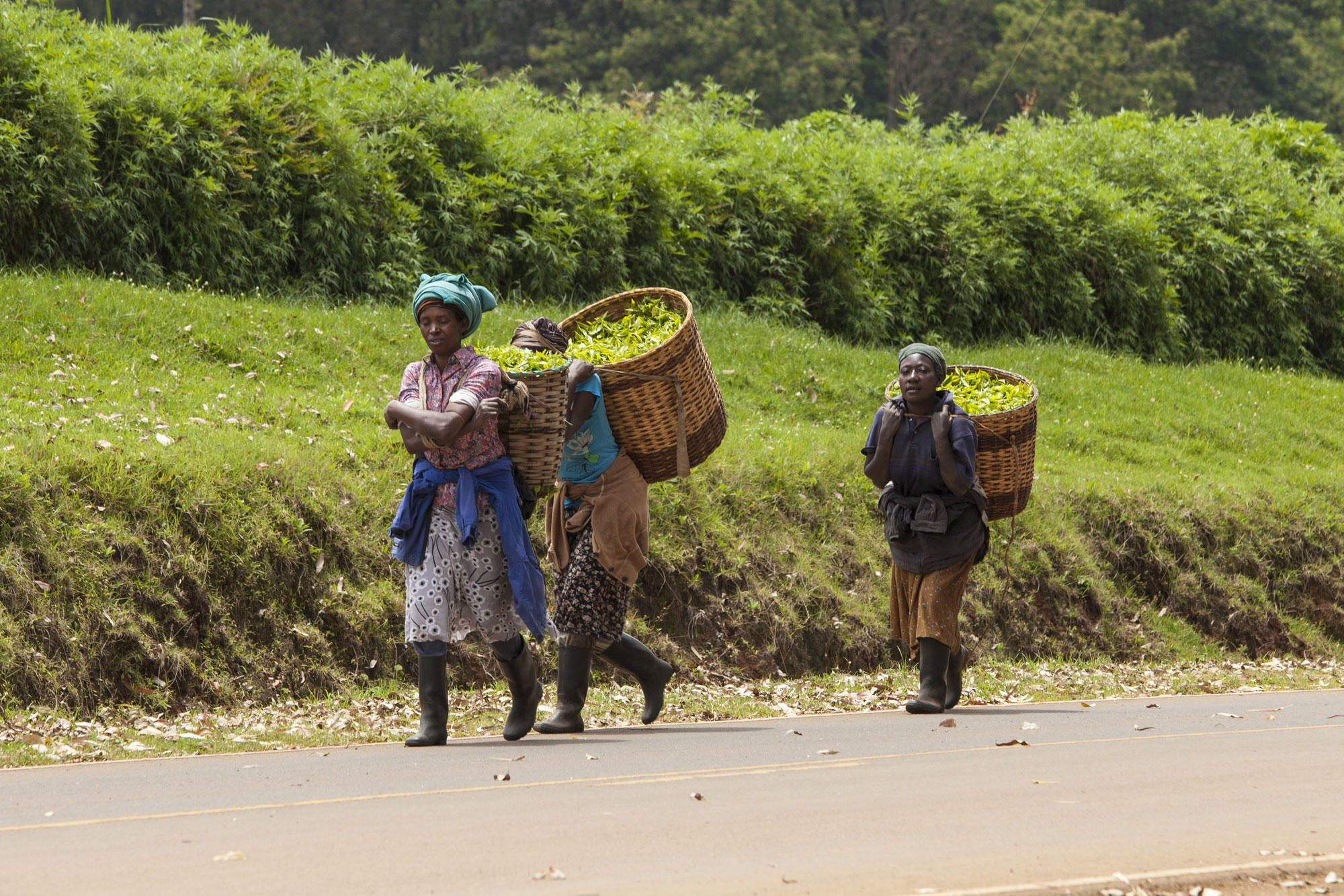Over the past decade, countries in Africa, Asia, Latin America, and the Caribbean have sold or leased millions of acres of state-controlled farmland to foreign interests eager to replace small farms with agribusinesses. These deals have often been struck in secret, with neither party disclosing the terms. As a result, farmers who have been working the same plots of land for generations have found it difficult to learn whether they are legally entitled to stay on the land after it is sold or what concessions they are owed if they are evicted.
In an effort to bring more transparency to these types of transactions, a group of researchers at the Columbia Center on Sustainable Investment — a joint venture of Columbia Law School and the Earth Institute — recently launched OpenLandContracts.org, a website that gathers all publicly available legal documents pertaining to the sale or lease of large parcels of farmland by developing nations. The website, which is supported with funding from the UK Department for International Development, contains summaries of the contracts’ major provisions written in simple prose. It is intended to help ordinary citizens in developing countries understand the legal ramifications of these purchases, and, its organizers say, to encourage countries that are failing to disclose the details of their land sales to be more forthcoming.
Public awareness of these deals is crucial, say the Columbia researchers, because the leaders of some developing countries need to be given an incentive to protect the rights of small farmers, both when negotiating deals with foreign investors and, later, in monitoring the new owners’ behavior. The researchers also hope that their website will give developing nations more leverage in negotiating benefits for their citizens as part of future land deals.
“If one country sees that its neighbor is requiring land investors to provide its citizens job training, employment opportunities, and other types of social commitments, it may be more likely to demand those same benefits for its people,” says Kaitlin Cordes ’08LAW, an associate research scholar at the law school, who is leading the project. “We believe that making these contracts accessible is an important step in establishing international norms for how local communities ought to be treated when these land deals occur.”



